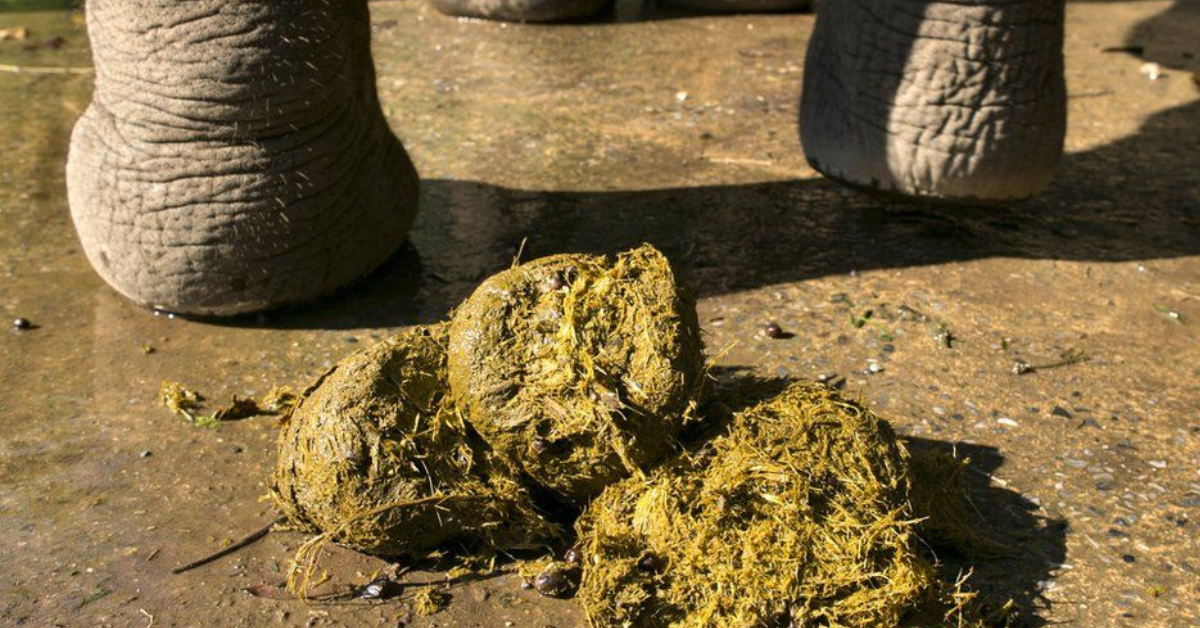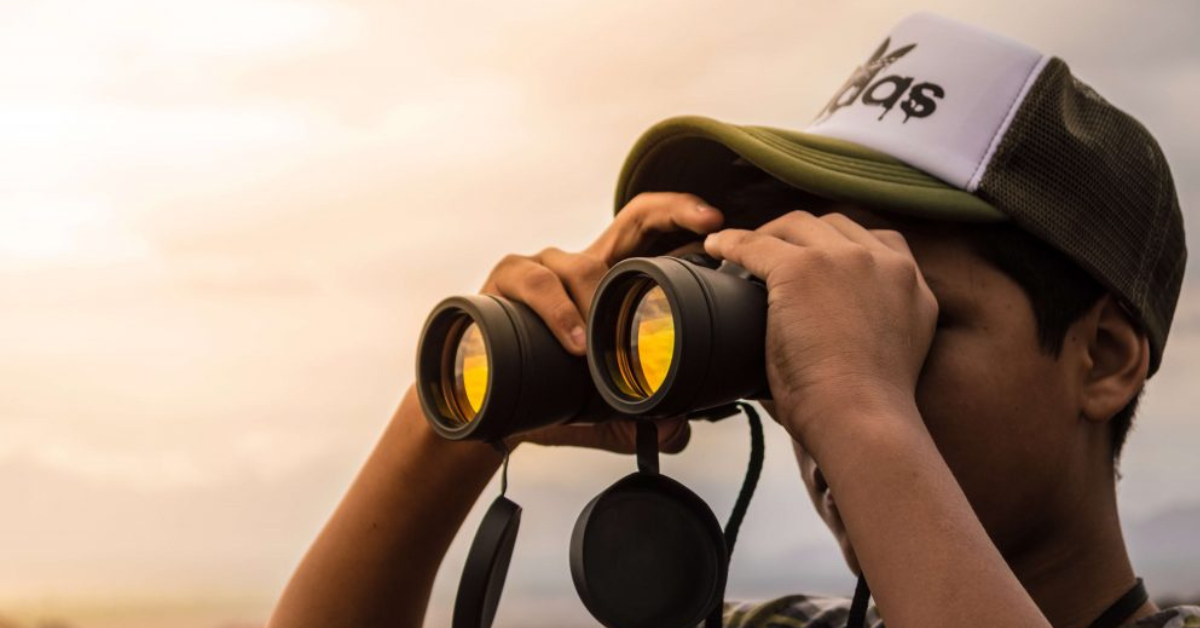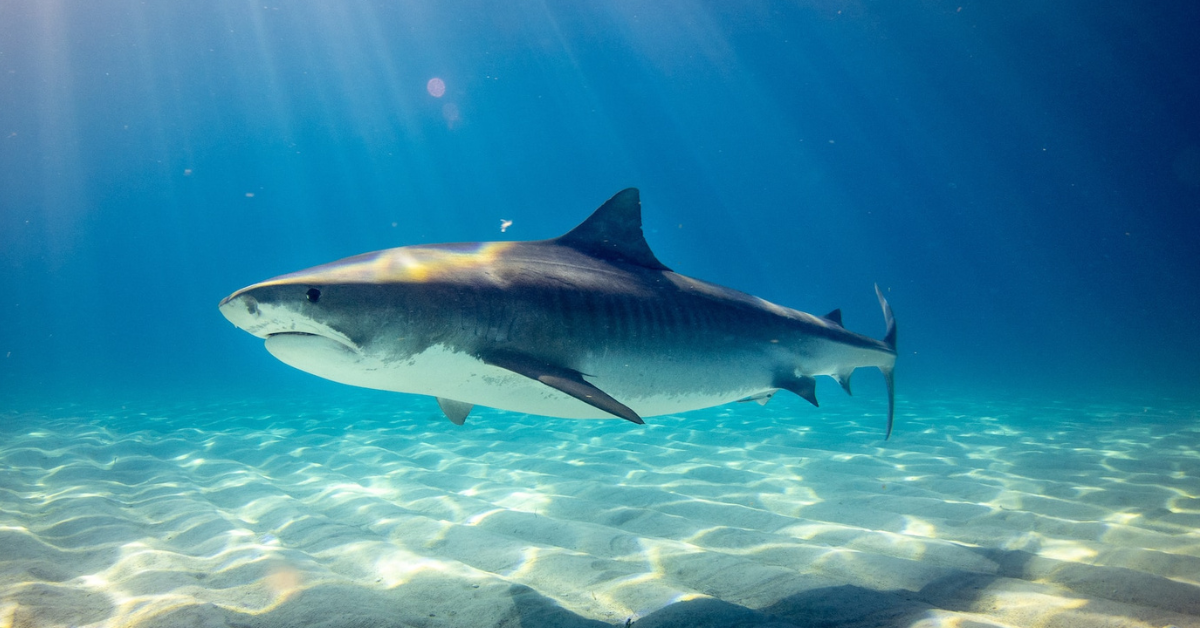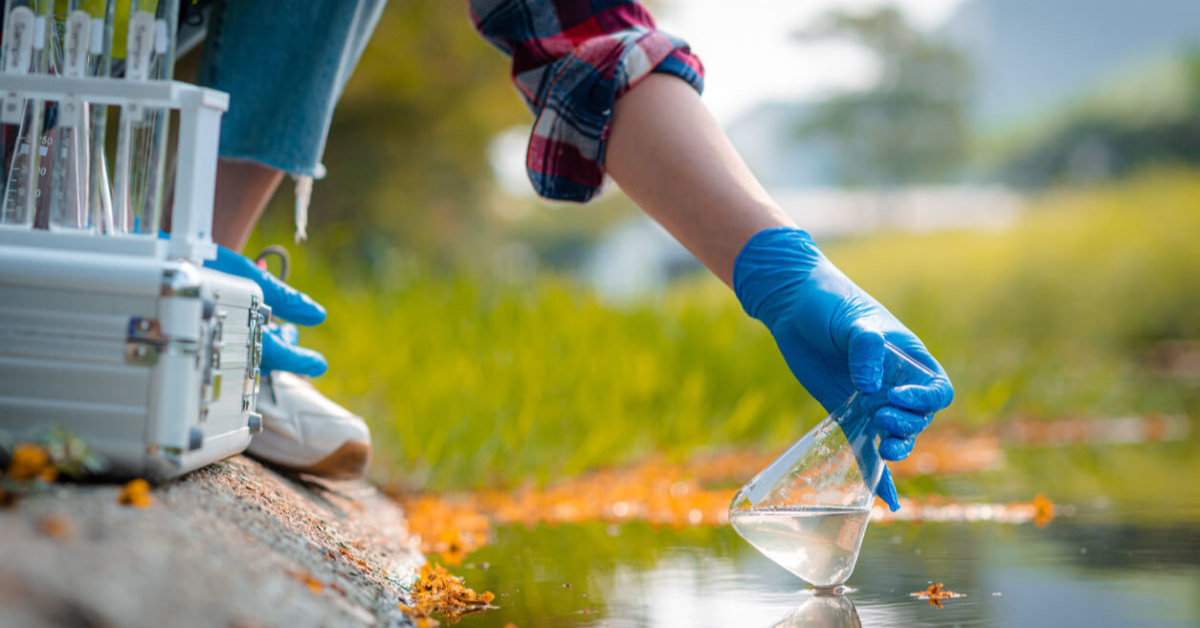
Explanation of why identifying animal droppings and poo is important Identifying animal droppings and poo is important for several reasons, including: Understanding animal behavior: The type and location of animal droppings and poo can provide valuable insights into the behavior of the animals that produced them.






